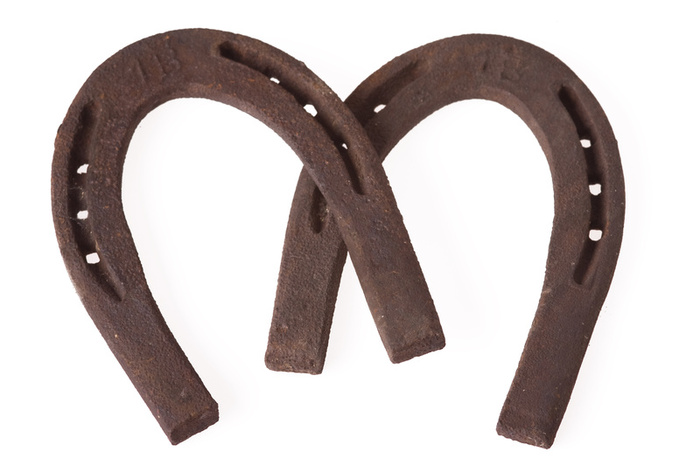BY JERRY TALLMER | There was a period in my confused youth when I was kept alive as a ghostwriter for Billy Rose. Well, not a ghostwriter exactly, but an idea man, one of a handful supplying material for 50-something-year-old Billy’s weekly “Pitching Horseshoes” column in Hearst’s now-long-defunct Daily Mirror.
What you’d do is rack your brains, come up with an idea for a column, sit down and write a draft of that column, take the thing by hand to Rose’s quarters atop a theater (also now long gone) on Sixth Avenue at 58th Street, and wait to hear if Billy, in his rooftop office, liked it or rejected it. If he liked it, you’d be handed $100 on the spot by an assistant; if not, $25 consolation cash.
If he did like it, he would doctor it up a little, with showbizzy expressions, and call it rewriting.
(In truth, he did — sometimes — actually rewrite what you’d submitted.)
One day I was told Billy had so much liked that week’s offering that I should wait; he wanted to see me, meet me. (The piece had been about a do-gooding, 60-year-old, all-purpose, civic peacekeeper in Greenwich Village. It did not include the gentleman’s offhand remark that “the only thing I can’t stand is these black-and-whites” — black guys going with white girls.)
Presently, I was ushered in to where producer-impresario-songwriter, showman, much-married, much-divorced (Fanny Brice, Eleanor Holm, etc.) Billy Rose himself, all five feet, six inches of him, was ensconced behind a huge, kidney-shaped desk.
On the walls there was one, at least of what to my eye, were actual but inferior works of Cézanne, Matisse, Picasso, Monet, Manet, Paul Klee, George Grosz and so on and so forth.
“Sit down,” Billy Rose said. “I used to write every column myself, first to last. But I finally used myself up. That’s why I need guys like you.”
And he proceeded to tell me the story of his remarkable life (1899-1966), beginning with winning the Gregg Shorthand world championship as a kid, followed by apprenticeship under Bernard Baruch and on and on — until he spotted me looking at those paintings, so he veered into letting me know about the time he had visited the art world’s chief honcho, Bernard Berenson, at that deity’s Villa Tatti, in Florence, Italy.
There were all sorts of other famous people there that day, and masterpieces everywhere — “but then,” said Billy Rose, pitching a horseshoe straight at me, “then the great Bernard Berenson took me by the elbow, led us out into the garden, and said to me: ‘Now, Mr. Rose, tell me about those amazing long-legged American chorus girls.’ ”
As Billy got to his feet behind that enormous desk he said, with warmth: “We’ve got to talk some more. A lot more. A lot. My people will let you know.”
I never again heard word one from the pitcher of horseshoes.

































